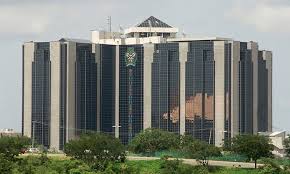Nigeria’s Annual Inflation Rate Falls to Six-Month Low, Offering Central Bank a Breather
The Central Bank of Nigeria (CBN) has been given a rare opportunity to pause its unprecedented tightening cycle as the country’s annual inflation rate fell to a six-month low in August, according to a report by Bloomberg. Consumer prices rose 32.2 per cent in August, slower than the 33.4 per cent recorded in July, the National Bureau of Statistics said in a statement.
The slowdown is attributed to the receding impact of currency devaluation and the temporary removal of fuel subsidies, which was instituted a year ago to attract investors and ease budget pressures. The measures formed part of the reforms introduced by President Bola Tinubu after he took office in May 2023. Higher corn yields and a six-month window to import the crop and wheat duty-free have also contributed to the softening in price increases.
Data collection was concluded before mid-August, meaning the recent 45 per cent increase in gasoline prices, which has led to a spike in transport costs, is not reflected in the numbers. However, the slowdown has raised the prospect of policymakers pausing the tightening cycle, which has seen the benchmark rate rise to 26.75 per cent from 11.5 per cent in just over two years.
The CBN will meet next week to review the monetary policy, providing an opportunity to assess the impact of recent currency volatility, devastating floods in northeastern Nigeria, and the increase in gasoline prices on inflation. The monetary policy committee will also have to decide whether to continue the tightening cycle, which has had a significant impact on the economy.
Food inflation, which had been a major concern, slowed to 37.5 per cent in August from 39.5 per cent in July, while core price growth, which excludes agricultural produce and energy, quickened to 27.6 per cent from 27.5 per cent.
